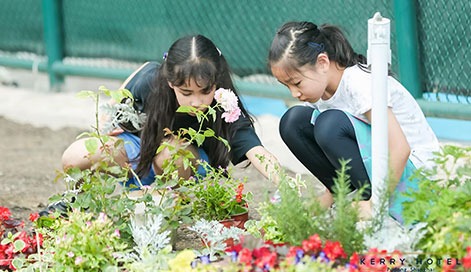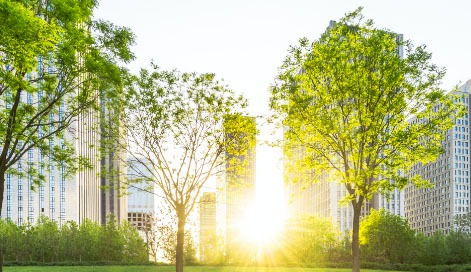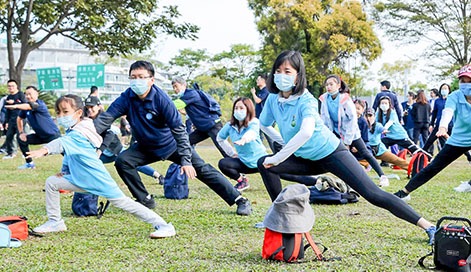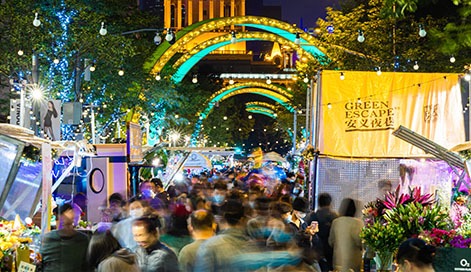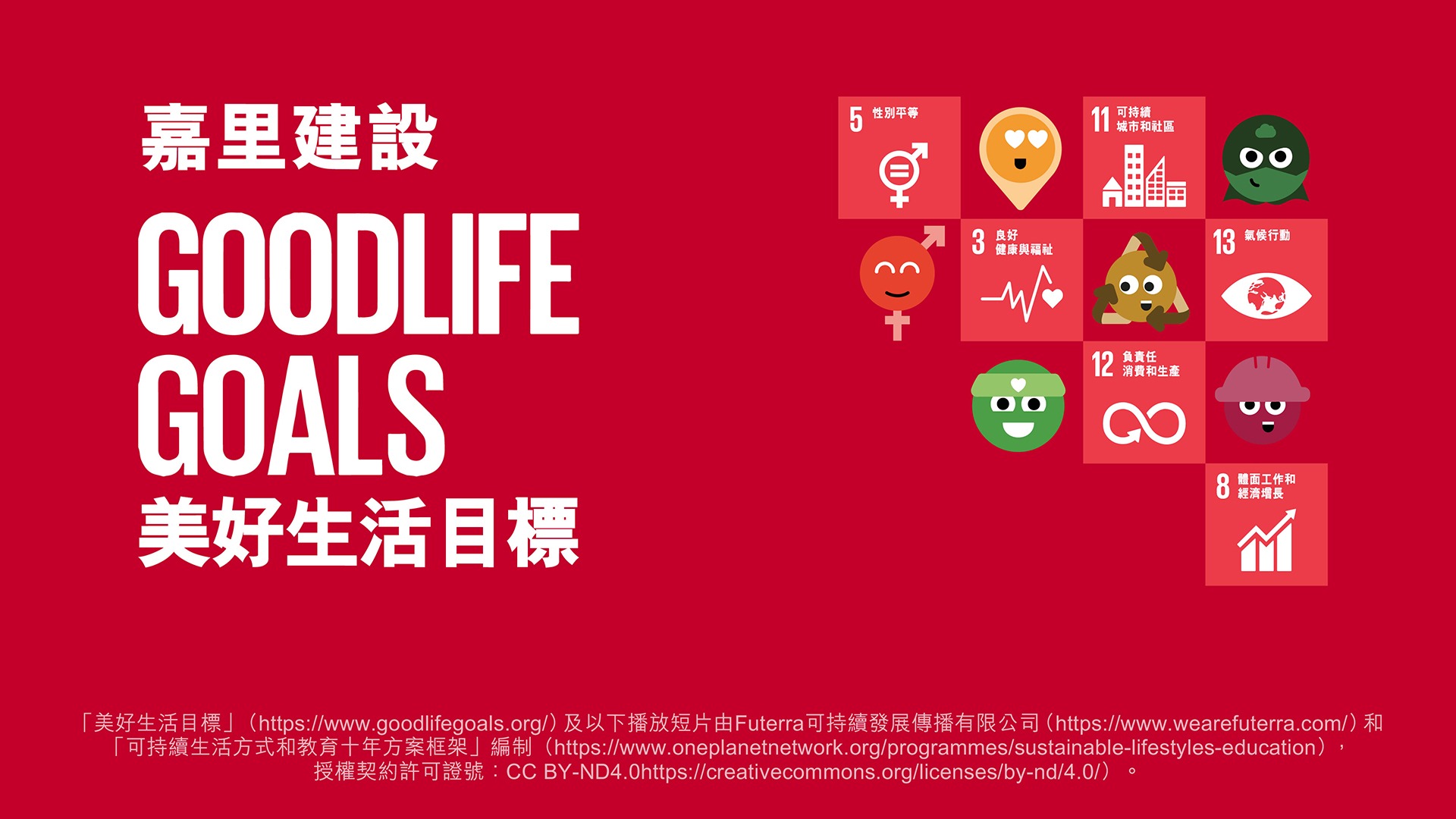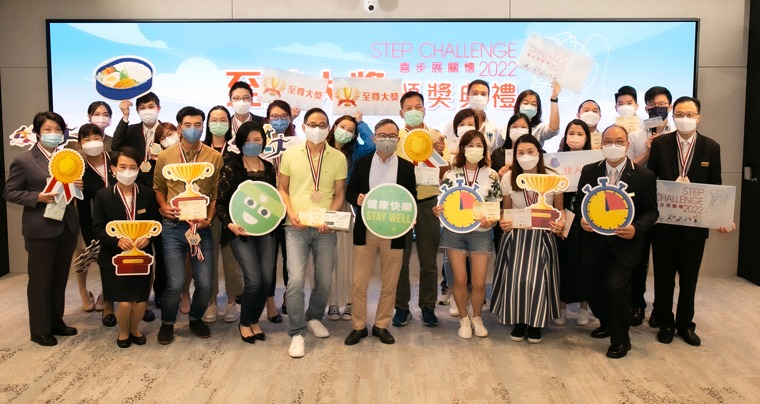Biodiversity is the fundamental bedrock of life, vital for thriving ecosystems and sustaining ecosystem services that support the entire humanity. We actively work to mitigate risks, foster collaboration, and enhance our practices to strive for positive outcomes that align with the well-being of our planet and future generations.
In addition to our Biodiversity Policy, we have conducted a biodiversity risk assessment for our project, aligning with the LEAP approach of the Taskforce for Natural Financial Disclosure (TNFD). This assessment systematically identifies and evaluates our nature-related impacts, dependencies, risks, and opportunities for each of the individual projects under development in Hong Kong and the Mainland. Recognising water scarcity and soil condition as the emerging risks, we have implemented a mitigation hierarchy that prioritises minimising negative impacts from development projects. This involves practices including conducting flood control and tree assessments, feasibility studies on sponge city design, reducing timber consumption through metal formwork, incorporating greenery into project design, and implementing water recycling and reuse systems. In addition, we are dedicated to preserving and enhancing natural environments by landscaping and planting native vegetation within and near our projects.
Promoting biodiversity consciousness has been one of the core aspects of our stakeholder sustainability education. We are committed to engaging stakeholders annually through diverse activities in the areas where we operate to raise awareness and enhance understanding of local biodiversity-related matters.
In Shanghai, our collaboration with local NGOs and communities has created an urban eco-tour map. This map reconnects residents with the biodiversity and history of Kerry Everbright City and Jinling Road Project, fostering a deeper appreciation for Shanghai's unique heritage.
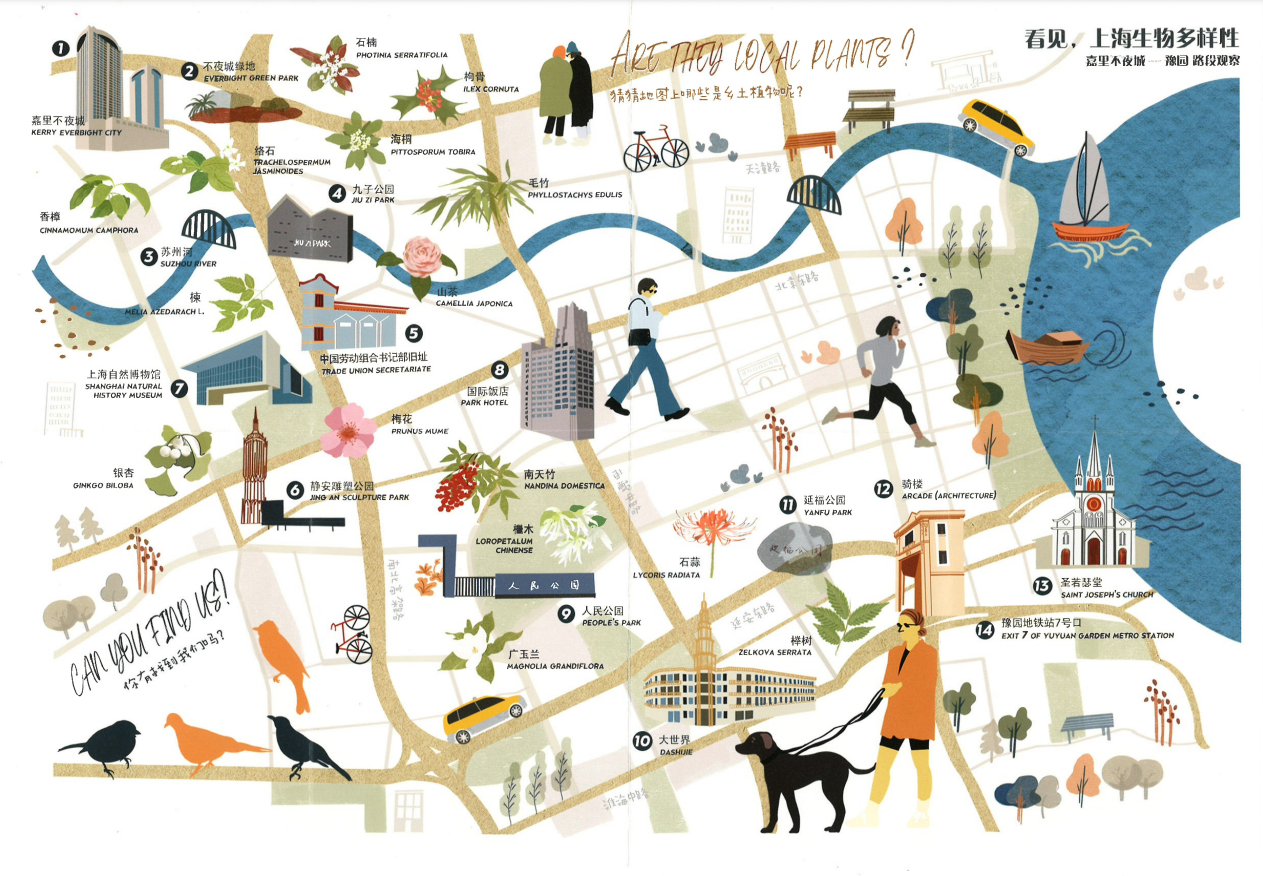 Urban Eco-tour Route Mapping in Shanghai
Urban Eco-tour Route Mapping in ShanghaiIn Hong Kong, we create plant tags with captivating facts about local flora, offering residents a refreshing escape from urban life to appreciate their natural surroundings.
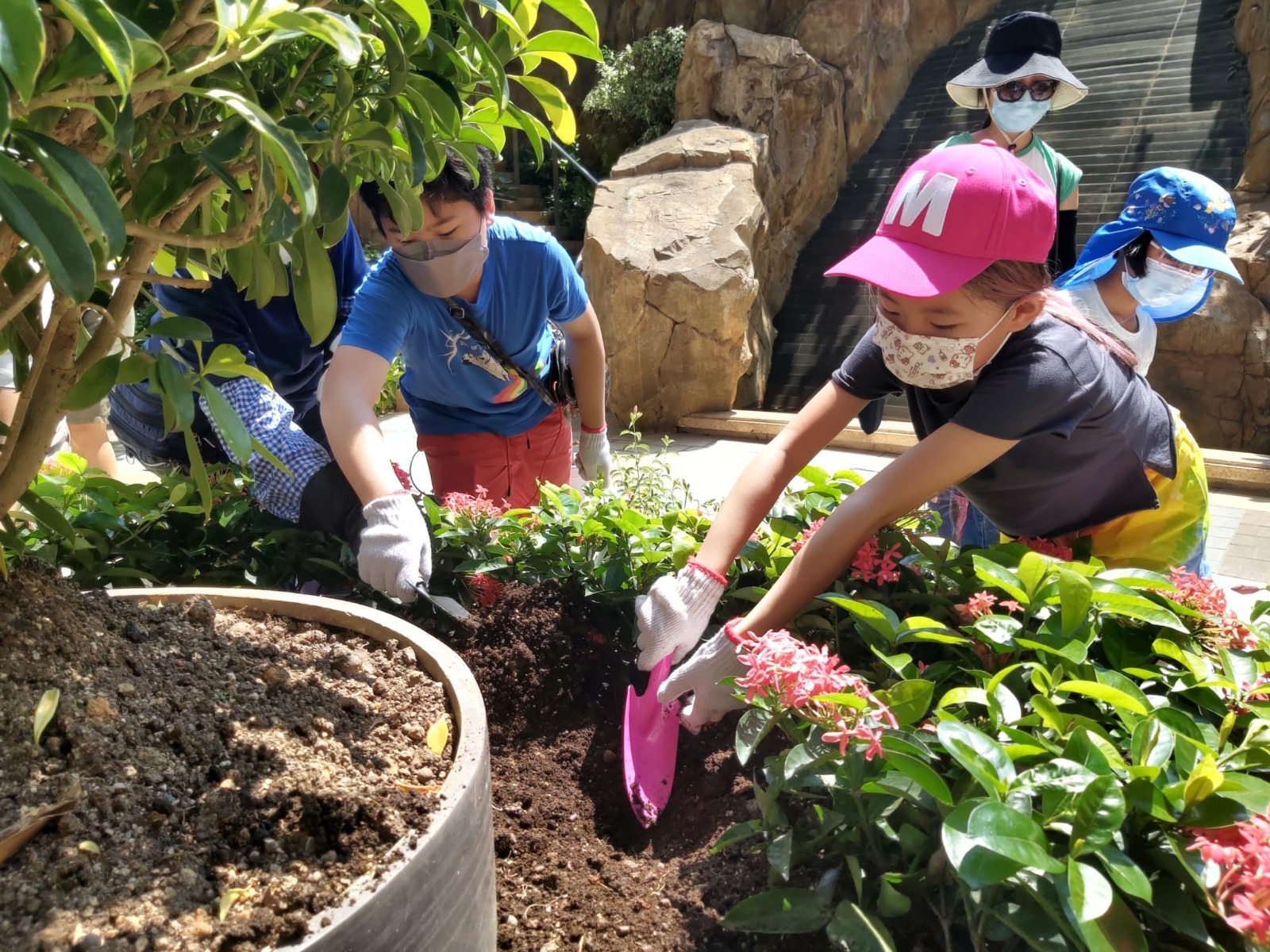 Know Your Plants Activities, Mantin Height, Hong Kong
Know Your Plants Activities, Mantin Height, Hong Kong